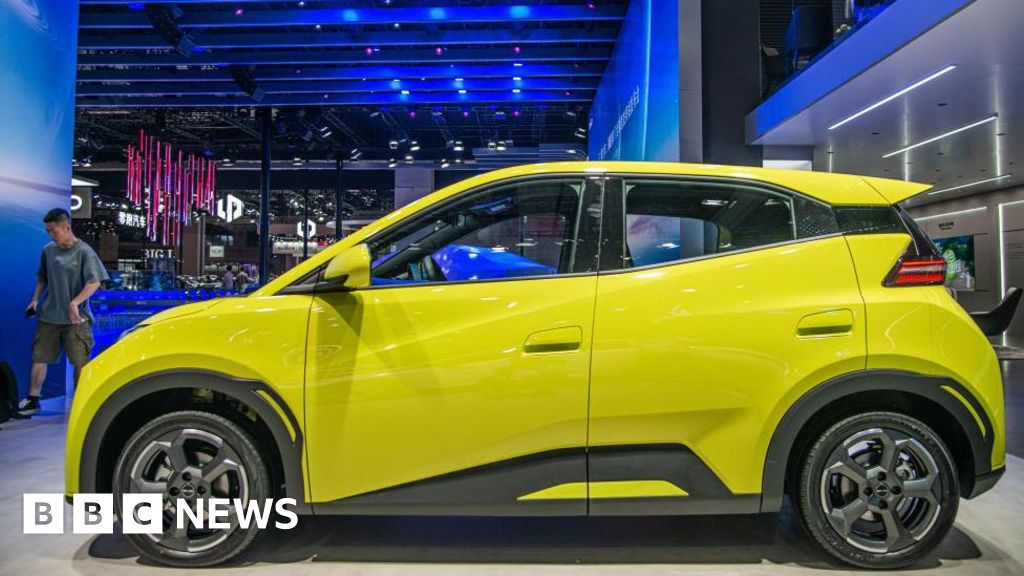Small wonder then, that executives at European carmakers have been distinctly lukewarm about the EU’s initiative.
Earlier this year, Volkswagen Group’s chief executive Oliver Blume warned that the introduction of tariffs was “potentially dangerous”, because of the risk of retaliation.
Last month BMW boss Oliver Zipse told investors “you could very quickly shoot yourself in the foot” by engaging in trade battles, adding “we don’t think that our industry needs protection”.
Ola Källenius, chief executive of Mercedes-Benz has gone a step further, publicly calling for tariffs on Chinese EV imports to be lowered rather than raised, to encourage European companies to do a better job.
Support for the EU investigation has largely come from France. Yet even among French manufacturers, there is doubt as to whether tariffs are the correct approach.
Carlos Tavares, head of the Stellantis group which includes Peugeot, Citroen, Vauxhall/Opel and DS, has described them as “a major trap for countries that go down that path”.
He has warned that European carmakers are in a “Darwinian” struggle with their Chinese rivals, something that is likely to have social consequences as they pare back costs in an effort to compete.
Renault’s chief executive Luca de Meo, meanwhile, says “we are not in favour of protectionism, but competition must be fair”.
He has called for the adoption of a strong European industrial policy to promote the sector, taking inspiration from policies launched by the US and China – in an effort to compete with both.
Meanwhile, the UK is looking on with interest. The head of the country’s trade watchdog, the Trade Remedies Authority, has previously made it clear he would be ready to set up an investigation into Chinese EVs, if ministers or the industry wanted it.
So far it is understood no such request has been made. Ultimately, as a deeply political issue, it will be something for the next government to address, after the election.
What higher tariffs may give Europe is more time for both car manufacturers and policymakers to adapt to the challenge from China.
But many within the industry acknowledge that if Europe is to remain a major player in the global automotive sector, it will have to do much more than simply set up barricades at home.
Credit: Source link











